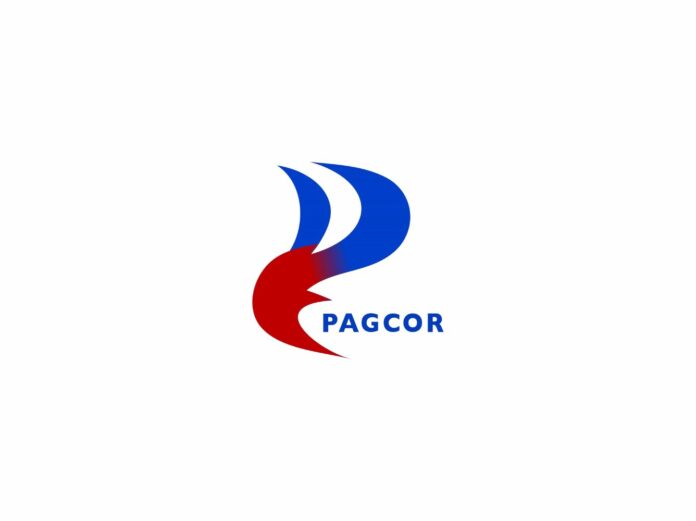The Philippine gaming industry finds itself in a curious bind—riding the wave of digital innovation with one hand, while trying to put out moral fires with the other. As online gambling platforms like Scatter mushroom across screens nationwide, a growing chorus of critics warns that the real jackpot is not cash—it is addiction, debt, and a generation lured by the glow of easy money and digital sleight-of-hand.
At the Asia-Pacific Regulators’ Forum last week, PAGCOR vice president Dr. Angelito Domingo called it what it is: a “perfect storm” of technology, criminal enterprise, and rising public anxiety. His proposed fix—a three-pronged education campaign for players, operators, and the broader public—is a sensible step.
But let us not kid ourselves: awareness will not stop a tidal wave. Especially not when it is rolling in profit.
And here is where irony checks in: even as the public grows increasingly uneasy about online gaming’s social toll, the government leans heavily on it to fund education, healthcare, and national sports. In short, gambling keeps the lights on.
PAGCOR, wearing the dual hat of operator and regulator, is now in the awkward position of policing its own paycheck. Too much regulation, and you risk choking off a multi-billion-peso revenue stream. Too little, and you feed the perception that the house always wins—even when the house is the government.
Markets are already hedging their bets. Gaming stocks like Bloomberry Resorts and DigiPlus Interactive have fallen in recent months, weighed down by reputational risks and shifting public sentiment. DigiPlus, never one to ignore a signal, has begun to move some chips offshore—just in case the tables turn at home.
The real task now is for PAGCOR—and the policymakers behind it—to keep up with a game that never stays still. That means smarter rules, faster responses, and a commitment to integrity that goes beyond slogans. Regulation must match the speed of technology and the depth of public concern.
Because the real gamble is not being played on a screen—it is whether the government can walk the tightrope between revenue and responsibility without slipping into hypocrisy. High stakes, indeed. Let us just hope that someone is keeping score.







